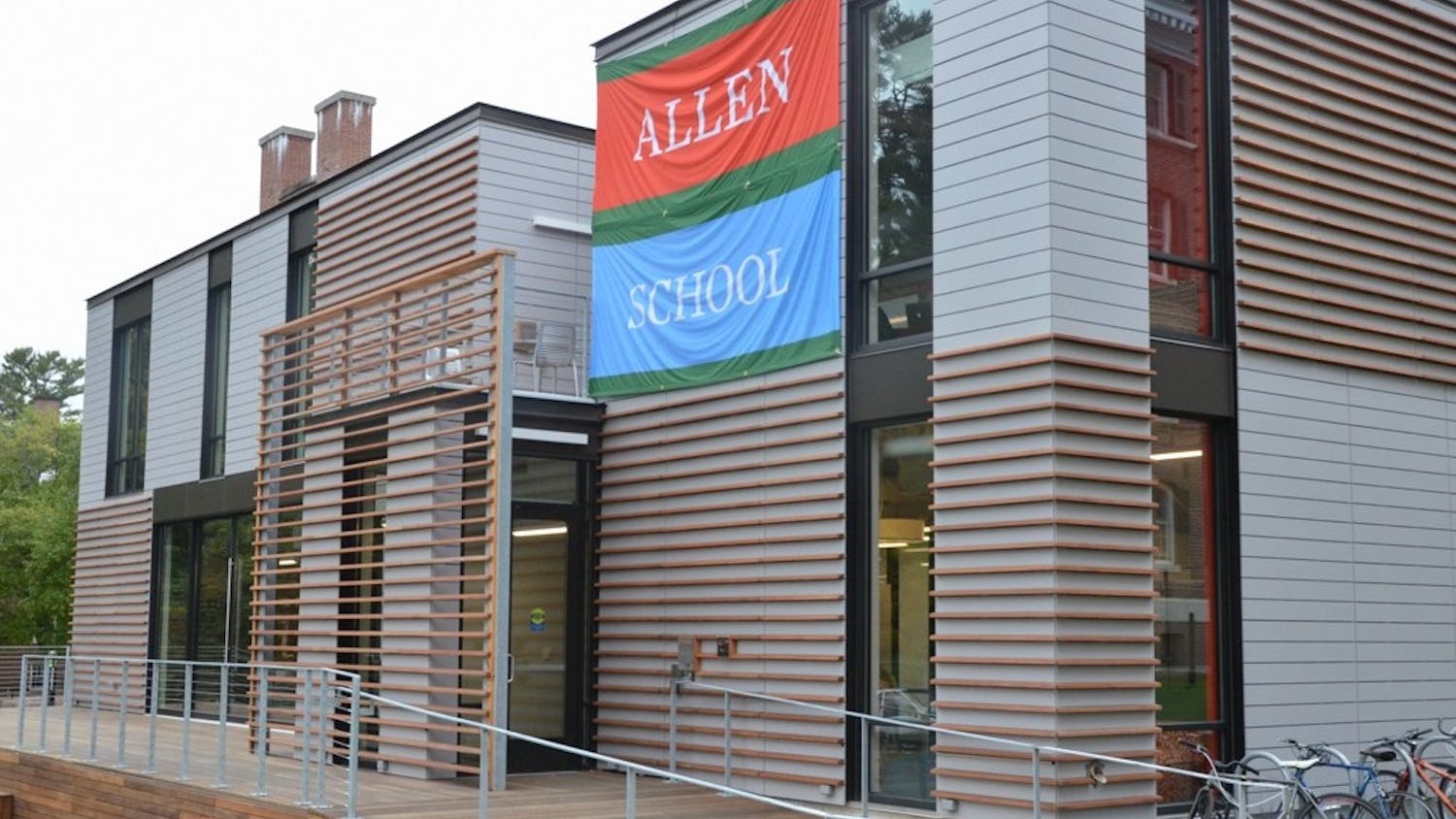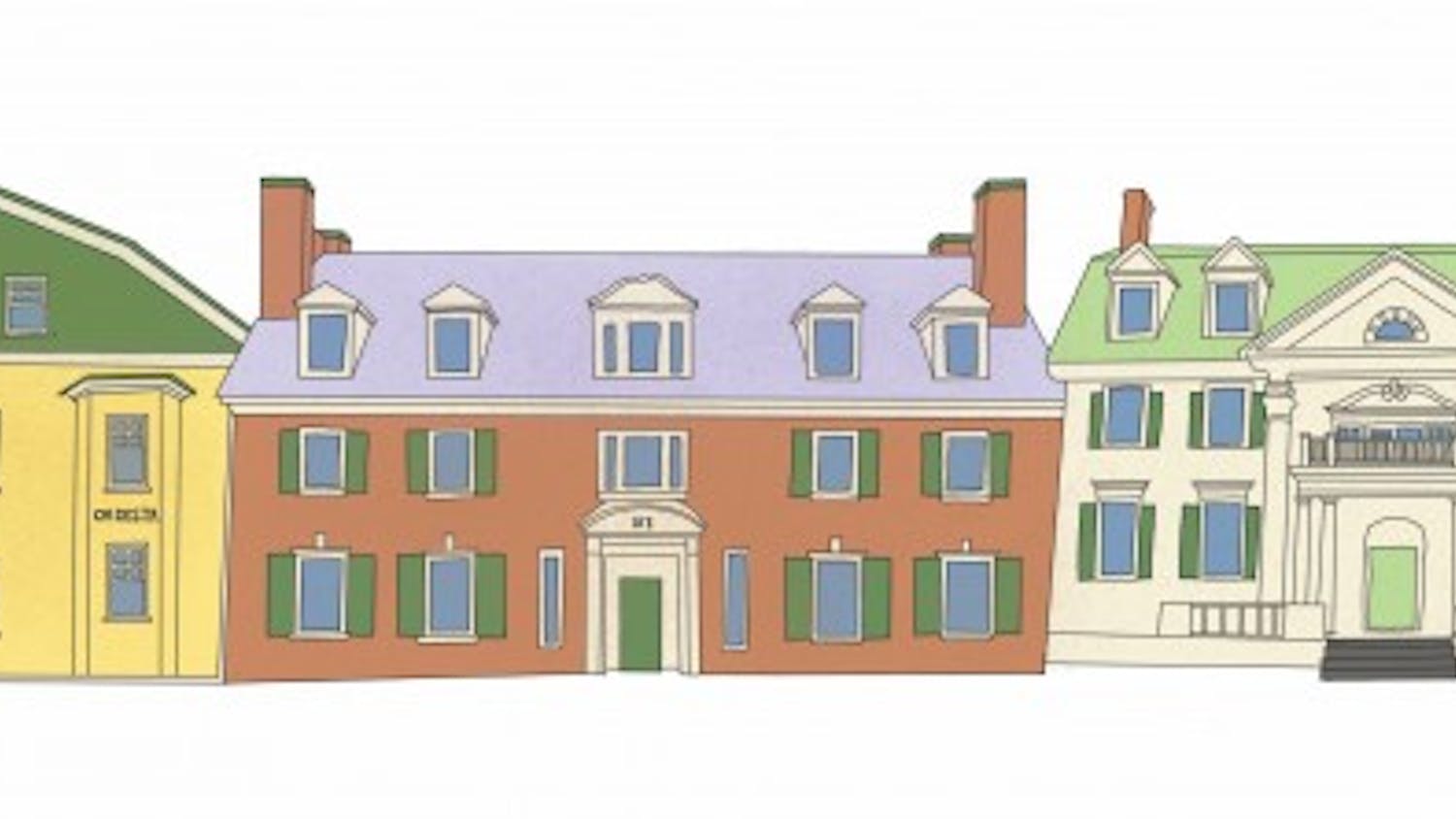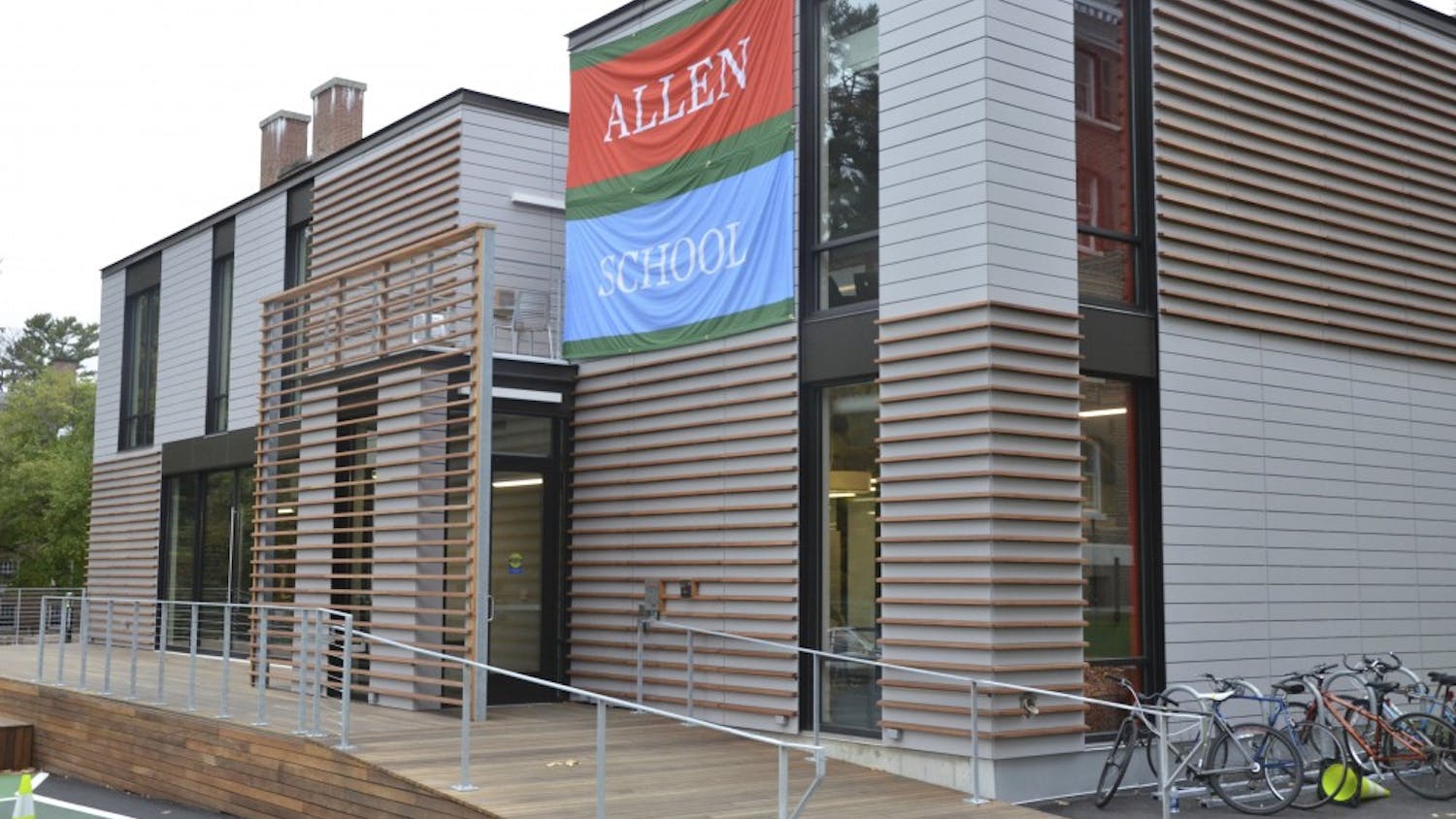After a night out last spring, as I walked from Webster Ave. to Fayerweather Hall, I encountered a strange monument on the sidewalk between the Dickey Center and Baker-Berry Library. There, sprawled across the ground, torn and dilapidated, lay the official West House flag. More than likely stolen from the House professor’s residence and then dumped on the sidewalk by drunk students, the flag, to me, represented more than mild vandalism. Like the flag, the House system stands at the crossroads of the student body and administration — celebrated by Dartmouth’s administration but evidently resented by its student body. In the wake of Dartmouth’s most recent restrictions on building access, it is clearly time for the College to abandon its unpopular housing regime.
In official materials, the House system glows. Dartmouth’s website boasts a plan to “build community” and “enhance social ties.”In the administration’s vision, students proudly wear their House scarves around campus, root for their community to win the House Cup and religiously gather in their House’s social spaces for lectures and events. Officially, the House system’s mission is to keep students’ housing stable amidst the inevitable chaos of the D-Plan. Unofficially, the College hopes the House system will ultimately supplant Greek life.
Now three years old, the House system has far from realized the vision of the administration. I know few students who attend House events, and professors (each assigned to a House community) tell me privately that their House lectures are sparsely attended and that they feel no connection to their Houses. Last year, I only heard about the House Cup when it was being mocked. The House system has not diminished Greek affiliation, either. For the past five years, the percentage of non-freshmen students involved in Greek life has remained consistent, hovering at around 67 percent.
In my estimation, few students appreciate the House system, some are ambivalent about it and many are frustrated with it. There is certainly reason to be frustrated. Since its inception, the House system has created a major restriction for on-campus housing — namely, you can only live with other students in your House. Since House affiliations are static and established freshman fall, students cannot room with classmates or friends of their choice who happen to be assigned to another House. For many of my sophomore friends, this means living with a random roommate for the second straight year. Moreover, most House events are exclusive to House members; House events are only advertised to House members and often only accessible to them as well. As a result, many opportunities funded by the College are not accessible to all students.
Despite these failures, it is clear that Dartmouth intends to push the House system with or without student cooperation. Starting this week, students’ Dartmouth IDs will only unlock dorms and buildings within their own House. Students still cannot live with their friends in different houses and now cannot visit their dorms either. For ’23s, whose freshmen predecessors frequented dorm parties during the frat ban, Dartmouth’s night life will be especially bleak. Finally, two popular dining and gathering spaces — the Cube and the Onion — will only be accessible to students of their respective houses. With only around 4,000 undergraduates to begin with, Dartmouth will start to feel even smaller.
Dartmouth’s official reasons for its newest housing policy are questionable. First, dean of residential life Mike Wooten told The Dartmouth that building restrictions were requested by the Student Assembly. The Student Assembly president and vice-president retorted in a campus-wide email: “Student Assembly did not request and does not support the permanent restrictions to dorm access announced by the College.” Next, the College signaled that the policy change is an attempt to fight racism. Wooten explained that the move comes in response to incidents of racist vandalism in dorms last October. If the College’s true goal is to prevent hateful vandalism, restricting dorm access seems a particularly bizarre and ineffective strategy. Indeed, if Dartmouth is being honest, it is deluded by the idea that anonymous racists are incapable of vandalizing their own House community’s spaces.
To me, it is more likely that the College is simply using these incidents as an excuse to entrench the currently underutilized House system. It was inappropriate for Dartmouth to mischaracterize SA’s position; it was shameful for Dartmouth to weaponize racist acts to justify its policy change.
The College’s latest policy confirms what many have long suspected: the House system is a project in social engineering. Having failed to eliminate Greek life like some of its Ivy League peers, Dartmouth conjured up the current housing regime. In doing so, the administration greatly expanded its power over student life by controlling, in various capacities, the people with whom students live, eat and spend their time.
Dartmouth should primarily be in the business of educating students, not engineering student life. The College’s latest move — which effectively forces students to embrace the arbitrary lines separating assigned Houses — is clearly unreasonable. It is time for the College to abandon its failed House system, allowing the adults who constitute Dartmouth’s student body to organize their lives like adults.



